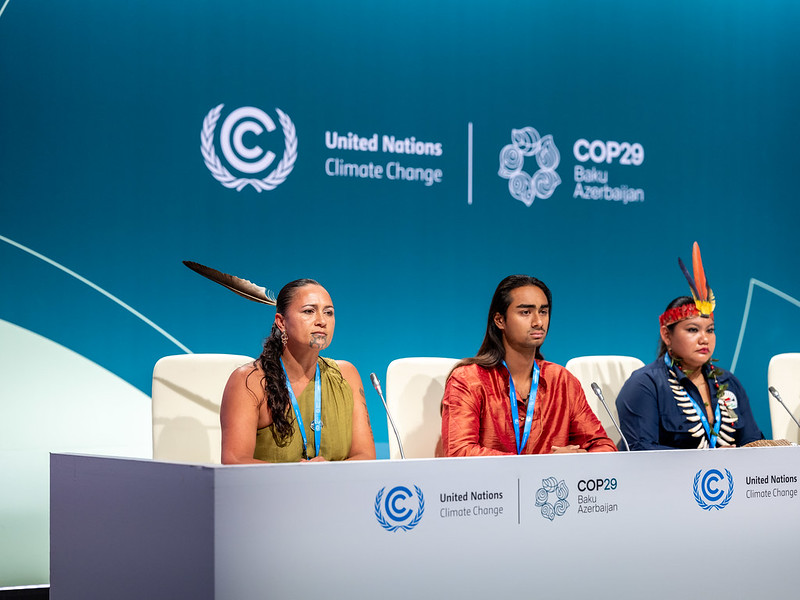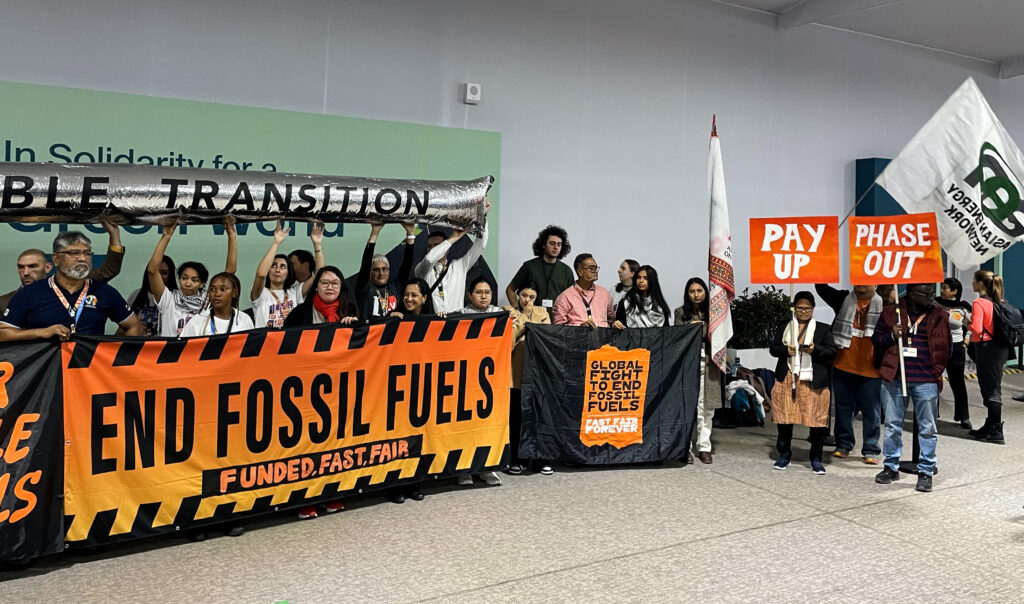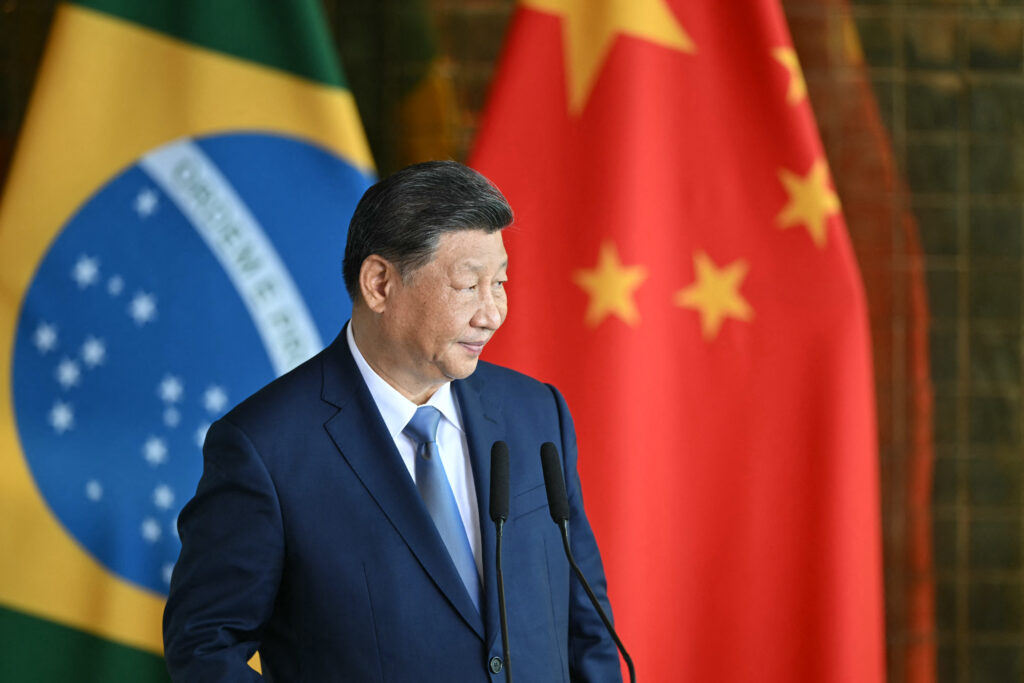Brussels – As in the past, the 29th United Nations Climate Conference (COP29) held in the capital of Azerbaijan ended with an agreement reached at the 25th hour. A Solomonic agreement that displeases (almost) everyone and on which there were ferocious recriminations among the delegates of the various nations. The fund for compensation and energy transition in developing countries, which is the main outcome of the UN-branded kermess, is an outcome many observers say already looks insufficient on paper. And it remains to be seen how much of that money will actually be allocated.
The compensation fund
It is never easy to take stock of the COPs on climate, if only because it is always difficult to keep the gap between the rhetoric of the commitments that countries solemnly make each year and the concrete reality of the actions put in place to counter the climate crisis. Thus, even the conclusions on which world government negotiators agreed upon in the very early hours of Sunday morning (Nov. 24) can be seen as either a success (albeit limited) or a defeat of climate multilateralism.
Technically, the compromise reached by the world governments provides for the establishment of an international fund to compensate for damage and losses suffered by developing countries due to climate change, to finance mitigation and adaptation measures and to support the costly ecological transition in the global south. This compromise can be considered positive because it put a higher figure on paper than the one from which they had started the negotiations: $300 billion a year instead of $100 (or $250, as per an earlier draft agreement) from now until 2035, to be shelled out by industrialized countries. The new green finance target is “an insurance policy for humanity,” according to the head of the UN Framework Convention on Climate Change (UNFCCC), Simon Stiell.

Criticisms of the agreement
However, that figure is at the same time much lower than requested by many developing countries: 1000 or even 1300 billion per year until the middle of the next decade. Indeed, that of 1,300 billion annually has been held up as an ideal target to be reached through other means as well (such as private investment and contributions from international financial institutions). Still, the nations of the global south would have liked the commitments of industrialized states alone to reach that ceiling.
Different delegations have voiced fierce criticism of the agreement. For example, Indian representative Chandni Raina branded the figure agreed upon by the rich nations as “abysmally poor” and “derisory” and called the document’s adoption process (“little more than an optical illusion”) a “parody of justice” because of its opacity. Marshall Islands envoy Tina Stege accused states in the global north of “the worst political opportunism.” At the same time.” At the same time, a Nigerian representative called it “a joke” that developed states boast of leading climate efforts by shelling out only 300 billion collectively each year. The Panamanian delegate denounced the attitude of industrialized nations, who “always throw the text (of the conclusions, ed.) at us at the last moment, shove it down our throats, and then, for the sake of multilateralism, we always have to accept it.”
Finally, strong criticism also came towards the (successful) attempt by oil and gas-producing countries to water down the text of the final agreement, which recalled the commitment signed last year at the Cop28 in Dubai – where reference was made to the necessary “transition away from fossil fuels“—but without explicitly mentioning the energy sources causing global warming and climate change. The document does not even mention concrete measures on how to accelerate the phasing out of fossil fuels, for the inclusion of which negotiators from the EU and the Biden administration had been pushing. “Pay up, phase out” was one of the slogans most frequently used by climate activists in Baku (at least those who were not arrested by Azerbaijani security forces).

The European contribution
In a press release, the European Commission expressed satisfaction with the outcome of negotiations in Baku. Brussels proudly reiterates that “the EU has succeeded in expanding the global base of contributors to climate finance” and that the 12-star negotiating team has “successfully finalized rules that will strengthen environmental integrity, transparency, and accountability in international carbon markets” as the 2015 Paris Accords envisioned.
As for the ability of industrialized economies to deliver on their commitment, outgoing Climate Commissioner Wopke Hoekstra said he was “confident that we will meet the 1.3 trillion target” of contributions by 2035. The EU has also proposed a new roadmap for reducing methane emissions “to further accelerate the reduction of methane emissions associated with fossil fuel production and consumption,” the Berlaymont memo says.
Who puts up the money?
Concretely, it is impossible to predict in advance how much of these resources will actually be put on the table to finance the fight against climate change and the green transition. As per the script, one of the most complicated knots has been who will have to pay.

Industrialized states have been strongly pressuring China to join the international donor club, given the weight of its economy (and the level of its climate-changing emissions), but Beijing does not want to renounce its official status as a developing country, because this label allows it to escape several obligations that incur on advanced economies instead. In the end, the People’s Republic’s status was not changed, but the text of the conclusions also encourages developing countries to do their part, and the development banking institutions of various nations, including China, were also included among the donors.
Another shadow that stretched over COP29 was cast by Donald Trump‘s return to the White House next January, as the New York-based tycoon has already declared his intention to withdraw the United States from the Paris Agreement again, as he did during his first term.
English version by the Translation Service of Withub




